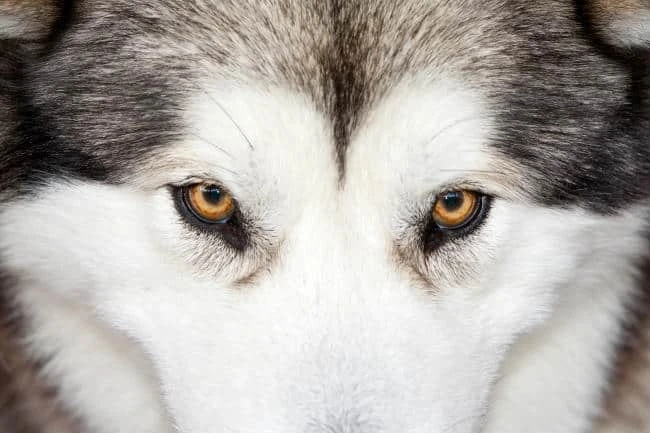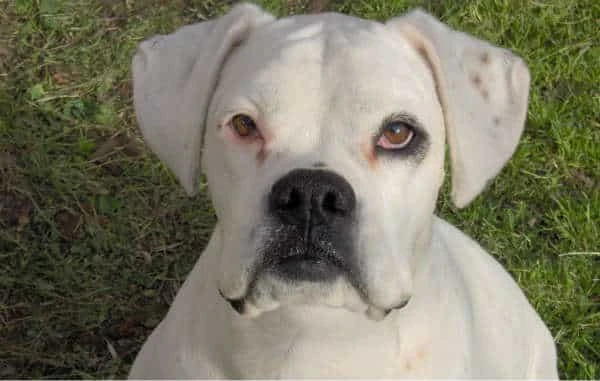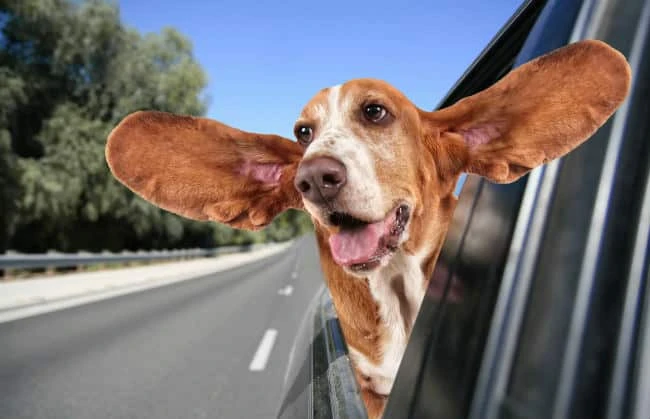Lung Cancer in Dogs, Fluid in Lung Causes, Blood Clots in Lungs, Warning Signs
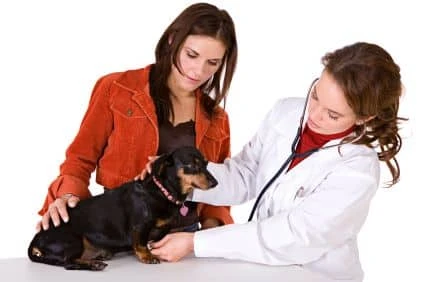
Lung cancer in dogs is a very serious health condition for your dog…
Symptoms can include, fluid on the lungs, blood clots in the lungs, lameness, lethargy and weight loss.
Learn how to spot the early warning signs & causes of fluid developing in the lung. Learn about the different stages and the effects that this cancer may have on your beloved dog…. So you can be the first to spot the symptoms…
We will start with the causes before discussing symptoms, diagnosis and finally the treatment…
Lung cancer in dogs can take two forms…
Primary Lung Cancer…
This form of cancer normally involves malignant tumors that are found within the lung. Unfortunately the tumors are very often carcinomas and will show up on a chest x-ray as a solid mass. This type is often very aggressive and may spread to the lymph nodes and upper chest – if your dog has developed adenocarcinomas it may spread to your dog’s nervous system.
Metatastic Lung Cancer…
This form of cancer forms in specific areas on your dog’s body as it is spread through your dog’s blood stream, consequently rather than a single mass it will show up on an x-ray as a multitude of different masses.. Metatastic lung cancer will normally be found in the leg’s (the leg bone), in the thyroid gland and even in your dog’s mouth due to it being easily spread around the body in the blood stream.
Causes of Lung Cancer in Dogs
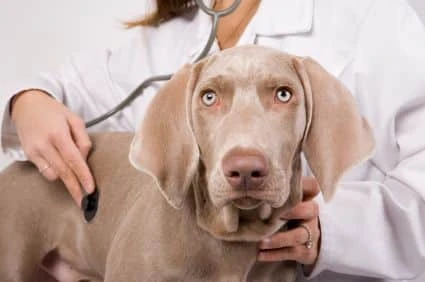
If you are a smoker or members of your family smoke – take note – smoke from your cigarettes is thought to be one of the major causes of lung cancer in dogs – (primary cancer). The smoke that your dog inhales particularly effects dogs that are snub nosed – the reason for this is that their nasal cavity is not effective in stopping the carcinogens from reaching their lungs.
A close relative recently purchased a Yorkshire Terrier from someone who smoked – we didn’t know that the owner smoked but we could smell it on Georges coat. George was definitely not a healthy dog – his demeanor was quiet and he lacked any energy or enthusiasm – which is strange for this breed.
However, after one week of living in a House where there was no smoke George was a different dog. I have absolutely no doubt whatsoever that the previous owners smoking had damaged Georges health.
Luckily we managed to get to him before more damage was done – I’m sorry if I sound a little old fashioned and even harsh – but I just can’t understand why anyone would want to smoke around their dog (or other pets for that matter) we know what it does to humans so it doesn’t take a rocket scientist to realize that dog’s have lungs too and the same damage can be done to them!!
Symptoms of Lung Cancer in Dogs
Lung cancer in dogs can be quite a difficult disease to spot mainly because the symptoms are not always easily noticeable.
- The main symptoms include a difficulty in breathing also known as (dyspnea) this happens when their is too much fluid on the lungs or because the tumor has started to compress the trachea (pleural effusion).
- If the cancer has progressed then your dog may start coughing excessively – the cough may produce a small amount of phlegm or even some blood.
- Your dog may also suffer from lameness – this is when the cancer has started to spread to the limbs.
- Your dog may also be tired and lethargic.
- Another very common symptom of the disease is a loss of appetite – which will then cause your dog to lose weight.
Diagnosis and Treatment
Diagnosis…
The diagnosis of lung cancer in dogs is normally done via a chest x-ray. Your dog’s vet will perform a chest x-ray which will determine whether there is a tumor or tumors in your dog’s lung cavity. By x-raying your dog’s chest your vet will not only be able to determine whether there is more than one tumor but also their size.
After the x-ray the vet may need to take a biopsy of the lung tissue, this will done with a very thin needle – after the biopsy has been examined it will tell whether the tumor is malignant.
Treatment…
If your dog is unfortunate enough to develop primary lung cancer then your dog will need to have surgery to remove the tumor. Depending on the size and location of the tumor your dog may not be able to have the tumor completely removed, if this is the case then the vet may opt for a partial removal of the tumor.
If your dog’s vet is unable to remove the tumor then your pooch may need to have radiation or chemotherapy to stop the cancer from spreading – this may also be done in addition to surgery. If your dog has metatastic cancer then the vet will not be able to perform any surgery and your pooch will have to undergo radiation or chemotherapy.


